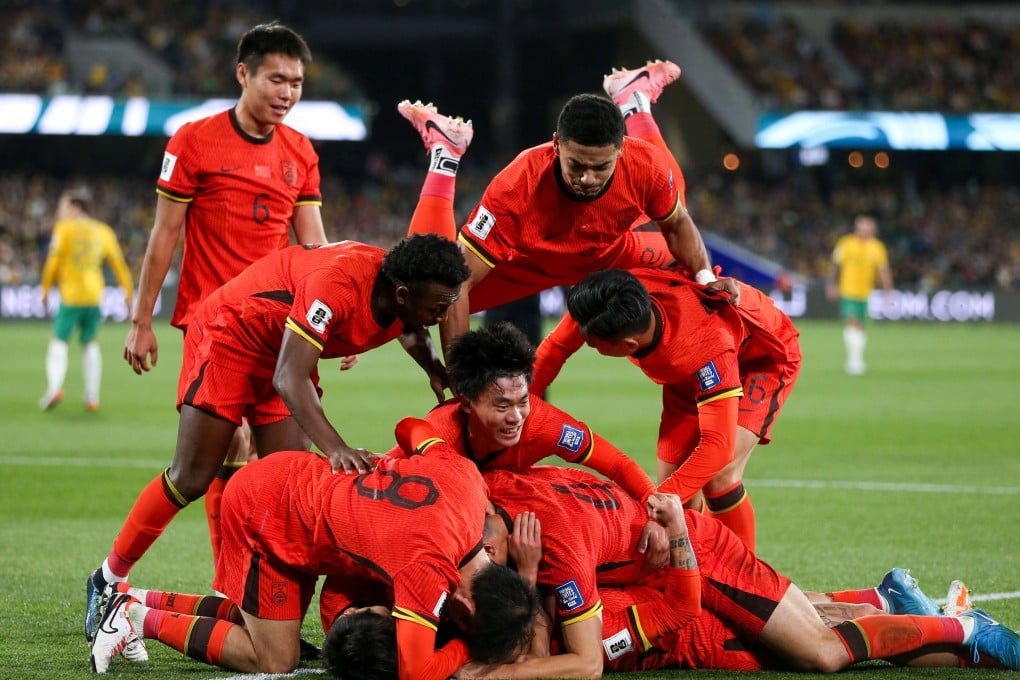Football glory will earn China more global respect than Olympic golds, expert says
A meeting of the State Council set the objective of moving Chinese football into ‘new phase’ after years of underachievement

Achieving success on the football pitch would earn China more global recognition and “soft power” than the country has gained through its dominance of various Olympic sports.
That was the view of a leading academic, after a China State Council meeting set the objective of awakening the nation’s slumbering football and dragging it into a “new phase”.
The country’s renewed football ambition coincides with the jailing of former national team boss Li Tie, who received a 20-year sentence for bribery offences, amid an anti-corruption crackdown that also led to the imprisonment for 14 years of Du Zhaocai, a former deputy head of the General Administration of Sport, and ex-Chinese Football Association chairman Chen Xuyuan, who was jailed for life.
On the field, China have sunk to No 90 in the Fifa world rankings, down from No 57 in October 2017. They crashed out of this year’s AFC Asian Cup after failing to score in their three group matches, and are bottom of their 2026 Fifa World Cup qualifying group.
China’s footballing issues contrast sharply with the country’s Olympic Games performances. This summer, China claimed a joint-high 40 gold medals in Paris, including a clean sweep in diving, and five each in table tennis, shooting and weightlifting.

“Those medals might get traction and earn soft power in countries interested in those particular sports, but football is global and has a premium presence, over and above the Olympics,” said Professor Richard Giulianotti, author of The Handbook of the Sociology of Sport.